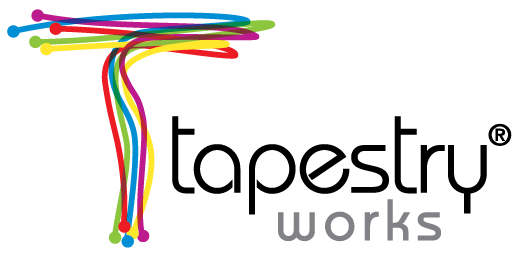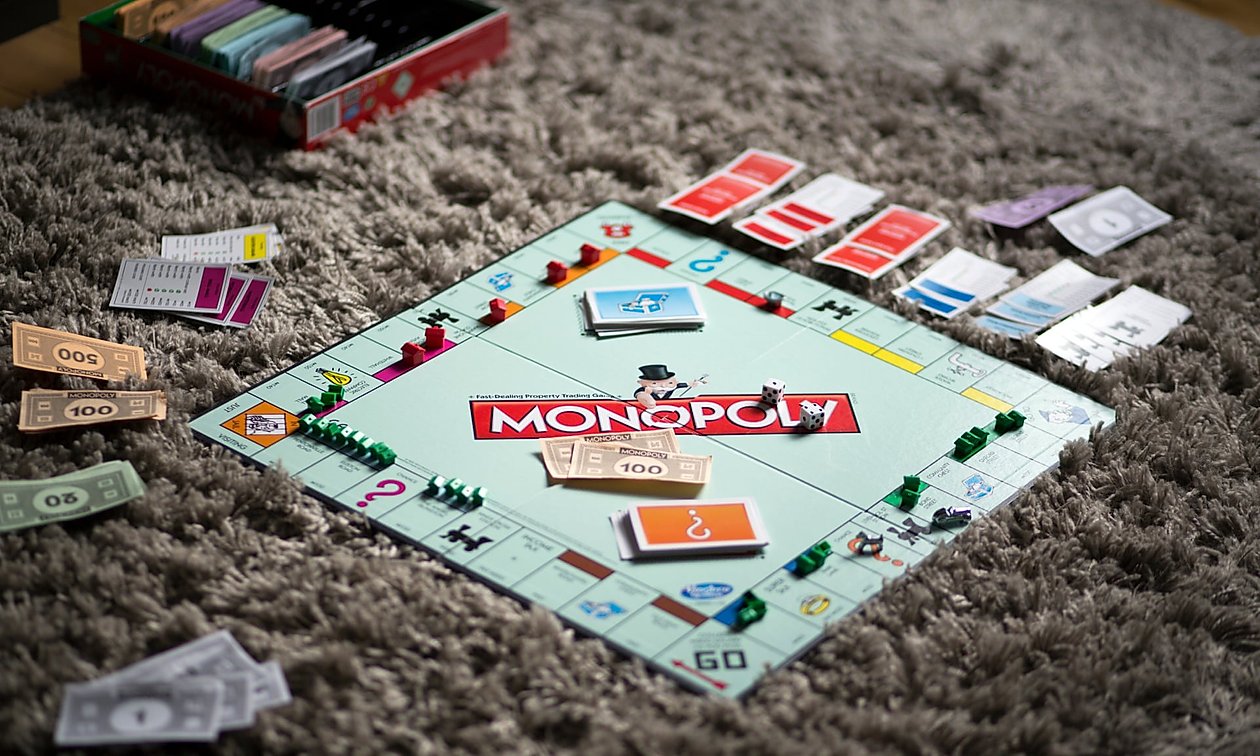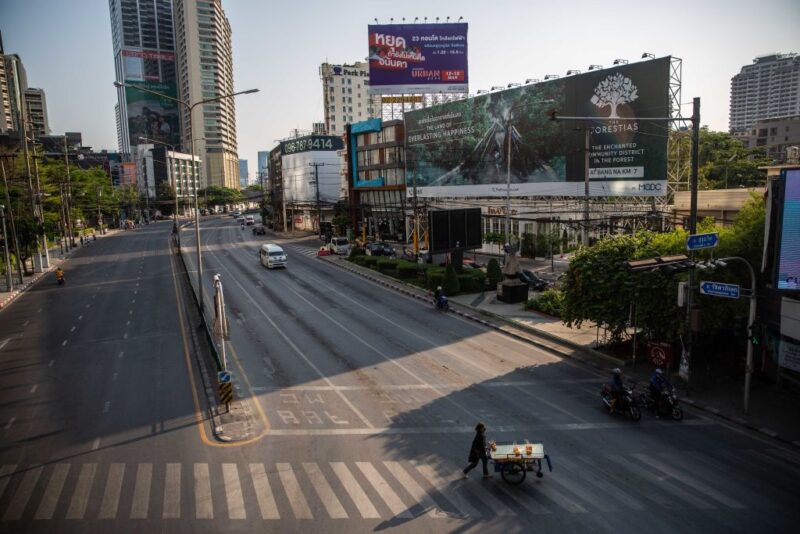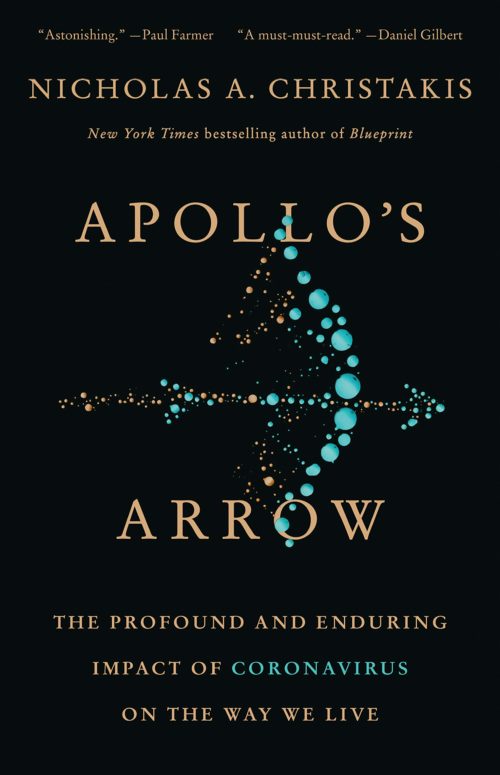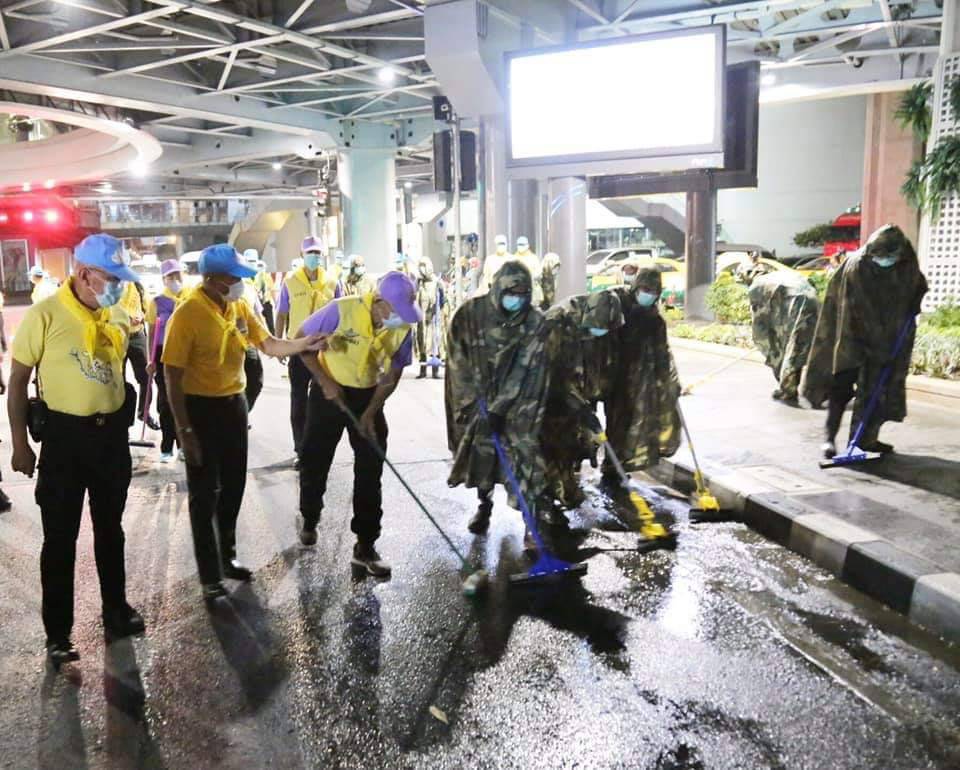Every now and then, something unpredictable comes along and shakes up our foundations. This is usually in the form of a deeply personal crisis, but the pandemic is a shared event that touches all of us, prompting a more collective soul-searching. There is much written about our behavioural changes (and which will stick), less written about how values may be shifting. How will Covid-19 reshape our values, attitudes and outlooks?
Dark Night of the Soul
While in lockdown, with more time on our hands, and facing uncertain futures, we naturally become more reflective and find ourselves having to face those big questions we usually suppress. We start to see the world through a filter of ‘essential’ and ‘non-essential’ and as we reconsider what is essential, necessary and sufficient we remember what is really important to us. We may even start to question whether the work we do is essential and meaningful.
We may also use this time to reflect on the quality of our relationships. Lockdown for many of us has meant we spend more time at home with our families. This breakdown in compartmentalisation between work and home life has both put a strain on family relationships and helped us bond in new ways. As all these feelings merge, we can become deeply introspective and may face a ‘dark night of the soul’. We may ask “How do we want to live?” and “Who do we want to be?” as we come out of lockdown.
Enjoyment in Lockdown
We have been forced to find new ways to play, relax and socialise. We have found new ways to enjoy home life, through cooking, gardening or home crafts. We’ve dusted off and enjoyed old board games or spent more time on our game consoles. We have learnt to re-appreciate a nice walk in nature. We’ve even come up with innovate ways to socialise and connect with friends. One of us has re-connected with overseas friends by creating a ‘listening party’, where we co-create a playlist from our youth and join together at the same time to listen and chat. Being in lockdown has revealed our innate human spirit, adaptability, and creativity. It has also brought us back to simpler pleasures and a slower pace of life, reminiscent of a bygone era.
In Thailand, the slow living movement has been around for many years and has been reinvigorated by the current trend on ‘sustainable living’. At a time when many of us experience concerns about our finances and future spending power, it is no coincidence that we come back to enjoy and appreciate the simple pleasures in life. As goals and aspirations take a back seat, we are forced to find joy in the moment, from the everyday and the mundane.
Joining in with the Fun
A big question that brands have faced is whether to communicate or not, and, if so, how? The advertising industry, self-serving perhaps, advises that brands need to be communicating at this time and that “actions speak louder than words”. Brands have naturally had to think carefully about what to say and how, and we see so many campaigns that look and feel almost identical (and consequently will be quickly forgotten). But do all brand communications need to be so sombre and serious? Is there any scope for fun, lightness and even humour?
We have written in previous articles that every brand in one way or another is now a health care brand. Every brand can do something to improve our wellbeing, in line with brand values, that help people establish new (healthy) routines, rituals and mental spaces, enjoy (or celebrate) simple pleasures, or just lift our mood. Humour, perhaps considered high-risk in a crisis, has largely been avoided by brands. However, humour has therapeutic qualities and, used properly, can create rapport, empathy and connection.
The Thailand creative industry intuitively knows this, as evidenced by the frequency (and exceptional quality) of advertising that uses humour. Humour leaves an emotional imprint that aids recall – ask any Thai to recall one of their favourite ads and we bet it will be a humorous one. By taking on human qualities of self-awareness, humility, and even vulnerability, brands become more approachable and likeable.
Redefining Success & Progress
Perhaps the bigger, more strategic, questions for brands are changing ideas around success and progress. Whatever we face in life, feeling a sense of progress is part of our DNA. Our past visions of progress – three day working weeks with more time to enjoy leisure activities – never came to fruition.
We now face more complexity and busier lives, striving towards bigger goals and more refined and complex identities. Restrictions reduce the amount of options we have to distract ourselves and force us to find pleasure in the everyday and the mundane. And in those moments where we do find joy in the simple pleasures, we may start to question the ideals we were striving for.
Much branding and other communication addresses our aspirational selves. But as we reflect on what is essential and what is superfluous or peripheral, have our aspirations changed? When the heros are the nurses and the supermarket workers, and the celebrities in lockdown are often revealed to be quite ordinary, who do we look up to? What was considered ‘premium’ pre-Covid may now be viewed with distaste. If nothing else, the pandemic has stripped back many superficial identities, and uncovered our underlying humanity.
Brands need to understand these changing attitudes and contexts and adjust their communications accordingly. However, aspiration is based on idealised notions of a future self. Where brands can perhaps most help us is to appreciate the now, by re-connecting us with our core, eternal values. At a time when our futures are uncertain, those brands that can help us play, laugh, and enjoy time with one another will thrive.
About Culture Kitchen
Culture Kitchen combines cultural insight with marketing, branding and behavioural change know-how to help you plan your brand’s future growth. Click here to download our free ebook covering the 7 Ways that Covid-19 will Shape the Future of Brands.
About the Study
The findings are the result of a collaboration between insights consultancies across 17 countries. The effort was led by Beyond Research, based in Milan, and covered North and South America, Europe, Middle East and Asia-Pacific. Desk research covered multiple data sources including local country case studies, Google search trends, newspaper articles, and social media along with country-level cultural analysis.
